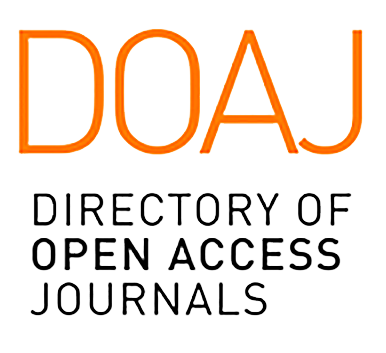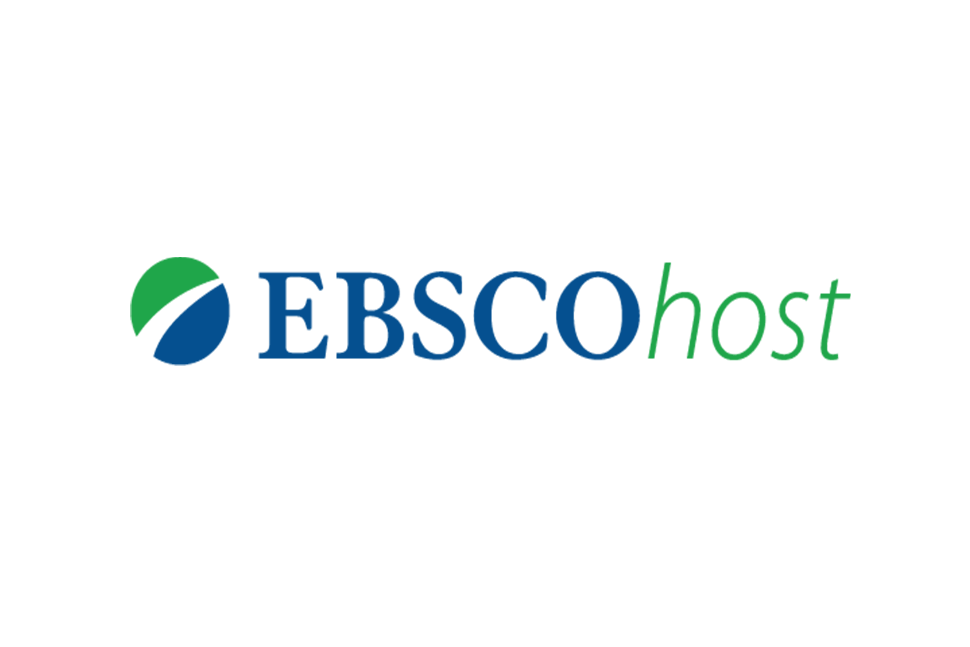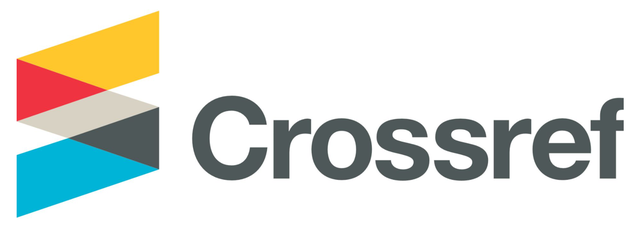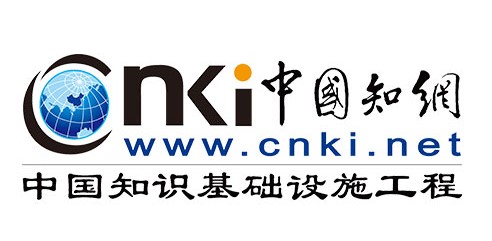

2708-9517






MLA Directory of Periodicals
REAO: East Asian Studies Journals
EBSCO Education
DOAJ
ProQuest
Google Scholar
Semantic Scholar
ROAD
BASE
Helka Helsinki Library
Baidu Scholar
Ex Libris
Jouroscope
US Department of Commerce Research Library

Tian Hong
Luer Wang
Zhaojun Fan
Tingzhu Chen
Shanghai Jiao Tong University, China
Abstract
This study investigates international students’ attitudes towards Chinese character learning, examining their relationship with motivation and external educational factors. Utilizing the Attitudes to Mandarin Chinese Character Learning questionnaire, attitudes were analyzed into cognitive, affective, and conative components. Motivation was assessed through integrative and instrumental motivation scales, with external factors like teachers and course settings evaluated. Results showed no significant attitude differences based on gender or age but revealed disparities relating to academic level, discipline, and Chinese learning duration. Significant correlations among attitude components, motivation, and external factors were identified. Hierarchical multiple regression analysis indicated that variables like gender, Chinese learning duration, integrative motivation, and teacher influence significantly predicted the cognitive component, while integrative motivation and teacher influence were key predictors for affective and conative components. This study aims to offer insights for developing effective Chinese character learning strategies, highlighting the significance of student motivation and external educational factors.
Keywords
Attitudes, Chinese characters learning, integrative motivation, external education factors
留学生的汉字学习态度研究:与动机和外部教育因素的关系探讨
洪恬
王璐儿
樊昭君
陈婷珠
上海交通大学,中国
摘要
本研究旨在探索留学生的汉字学习态度及其与动机、外部教育因素的关系。通过使用汉字学习态度问卷,本研究将汉字学习态度分为认知、情感和意志三个维度,并评估了学生的学习动机和教师影响等外部教育因素。结果显示,不同性别或年龄群体间的汉字学习态度无显著差异,但在不同汉语水平、专业背景及汉语日常学习时长等方面却呈现显著差异。此外,汉字学习态度和学习动机以及外部教育因素之间有显著的相关性。层次多元回归分析结果指出,性别、汉语日常学习时长、融入型动机和教师影响等变量能显著预测汉字学习态度的认知维度 ;而融入型动机和教师影响是预测其情感和意志维度的关键变量。本研究为优化汉字教学策略提供建议,强调了学生动机和外部教育因素在提升留学生的汉字学习态度中的重要性。
关键词
态度,汉字学习,融入型动机,外部教育因素